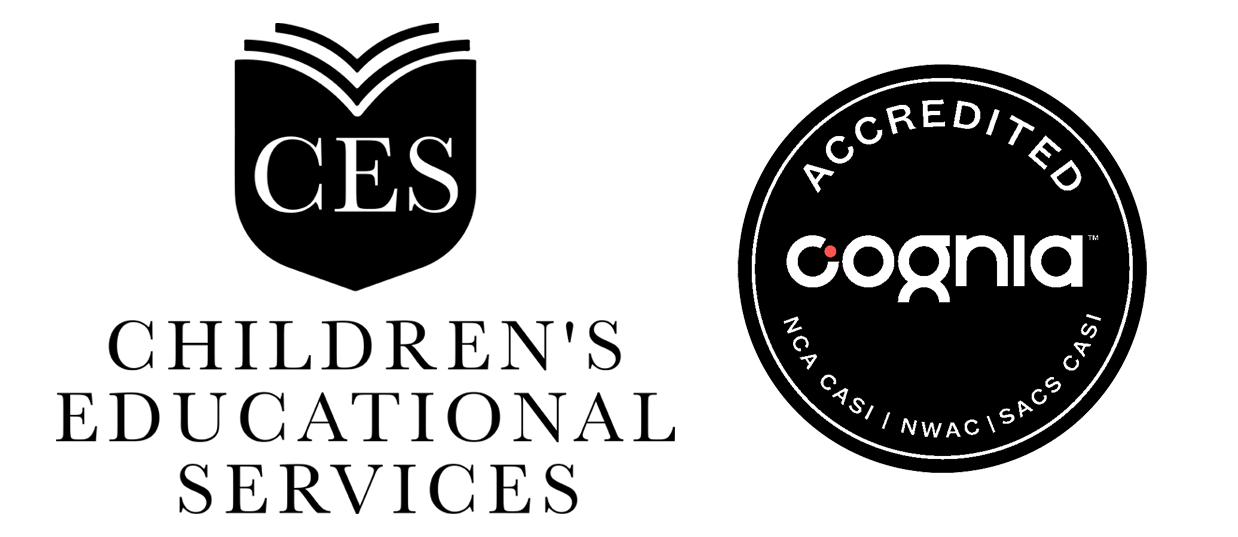To help your struggling reader maintain the gains she’s made in school this past year, make reading a priority this summer. All students, but especially those with learning challenges are at risk for the “summer slide” or taking a step backward in skill development over the long break from school. Research shows you can stem the slide by making reading a daily priority during summer vacation. Here are some tips to help make that happen.
1. Let your child pick what she wants to read. It’s not about what she’s reading—it’s that she’s reading. Therefore encourage her to find subject matter of interest. It may not be a traditional book. Whether she’s reading magazines, websites, e-books, comic books, or graphic novels, she’s engaging with the written word and practicing reading skills.
2. Visit the local library regularly. The librarian is a great resource who can point your child in the right direction for age- and reading-level appropriate material of interest.
3. If your child likes a challenge, create a summer readathon that offers rewards for completing X number of books weekly or monthly. Let your young one pick the rewards.
4. Read together, which can mean different things to different families. You might read aloud to your child; have your child read aloud to you; take turns reading aloud to each other; or read to yourselves side-by-side. The key is to read consistently—whether it’s 15 minutes a day or an hour before bed.
5. Incorporate audiobooks. Listening to a great story, and then discussing what you’ve heard is an excellent way to practice comprehension skills. Audiobooks are also excellent for kids to explore age-appropriate interests, despite weak reading skills.


